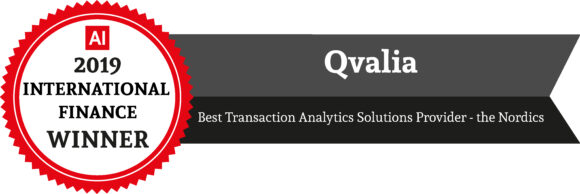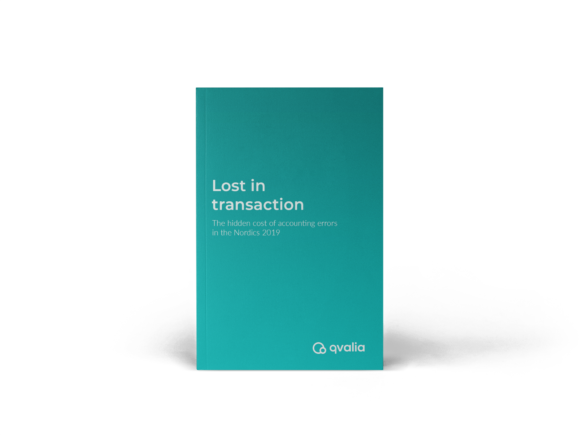Transactions, technologies and trends
Category: Purchase-to-pay
Purchase-to-Pay (P2P)
Purchase-to-Pay (P2P) is a comprehensive business process encompassing all procurement stages, from requisition and supplier selection to payment and reconciliation. It involves coordinating departments and systems to optimize purchasing activities, enhance cost control, and ensure compliance with internal and external regulations.
Key stages in the purchase-to-pay process
- Requisition: The process begins with a requisition, where employees or departments formally identify their need for goods or services. This step initiates the procurement workflow.
- Supplier selection and sourcing: The procurement team evaluates potential suppliers, negotiates terms, and selects the most suitable vendor based on quality, cost, and delivery timelines.
- Purchase Order: After supplier selection, a purchase order is issued detailing the requested items or services, agreed-upon terms, quantities, and prices.
- Receipt and inspection: Upon delivery, the received goods or services are inspected to ensure they align with the purchase order and meet quality standards.
- Invoice processing: The supplier’s invoice is matched against the purchase order and delivery receipt in a “three-way match” process to verify accuracy and prevent discrepancies.
- Approval Workflow: Invoices are routed through an approval process involving relevant stakeholders to ensure compliance with procurement policies and internal controls.
- Payment: Once approved, payments are executed according to the agreed terms, ensuring timely and accurate fund transfers to the supplier.
- Reconciliation: The process concludes with the reconciliation of invoices and payments against financial records to confirm accuracy and resolve any discrepancies.
Benefits of an effective P2P process
- Cost control: An efficient P2P process enables better cost management by streamlining procurement, tracking spending, and reducing non-compliant purchases.
- Operational efficiency: Automation and digital tools reduce manual interventions, shorten procurement cycles, and minimize administrative overhead.
- Compliance: A structured P2P system ensures adherence to procurement policies, regulatory requirements, and industry standards.
- Improved supplier relationships: Clear communication, consistent processes, and timely payments foster strong supplier partnerships.
- Data-driven decision making: The P2P process generates valuable data insights, enabling organizations to analyze spending patterns, evaluate supplier performance, and identify opportunities for cost optimization.
The role of technology in P2P
Integrating advanced technologies, such as electronic invoice management solutions, e-procurement platforms, automation tools, and analytics software, significantly enhances the Purchase-to-Pay process. These solutions streamline workflows, improve accuracy, and provide real-time visibility into procurement activities. By leveraging these tools, organizations can maximize the value of their procurement efforts while minimizing risks, inefficiencies, and costs.
Explore our articles to learn more about the digital transformation of Purchase-to-Pay processes.

The raison d’ être of technology and digitized transactions is flawless finance processes. Does the technology live up to the promise and what is …

International Finance Awards has appointed Qvalia as Best Transaction Analytics Solution Provider in the Nordics 2019.

Capital leakage in finance processes is a curious but undeniable fact – and an anomaly in an increasingly potent digital world. A new report …

In the July 2019 issue of CFO Tech Outlook, Qvalia is recognized as one of Europe’s top 10 providers of accounts payable and accounts …

Outdated processes, legacy systems, and the human factor cause accounting errors – and capital leakage for companies and organizations. We’ve put a price tag …
